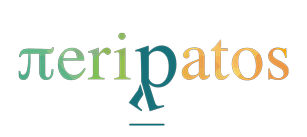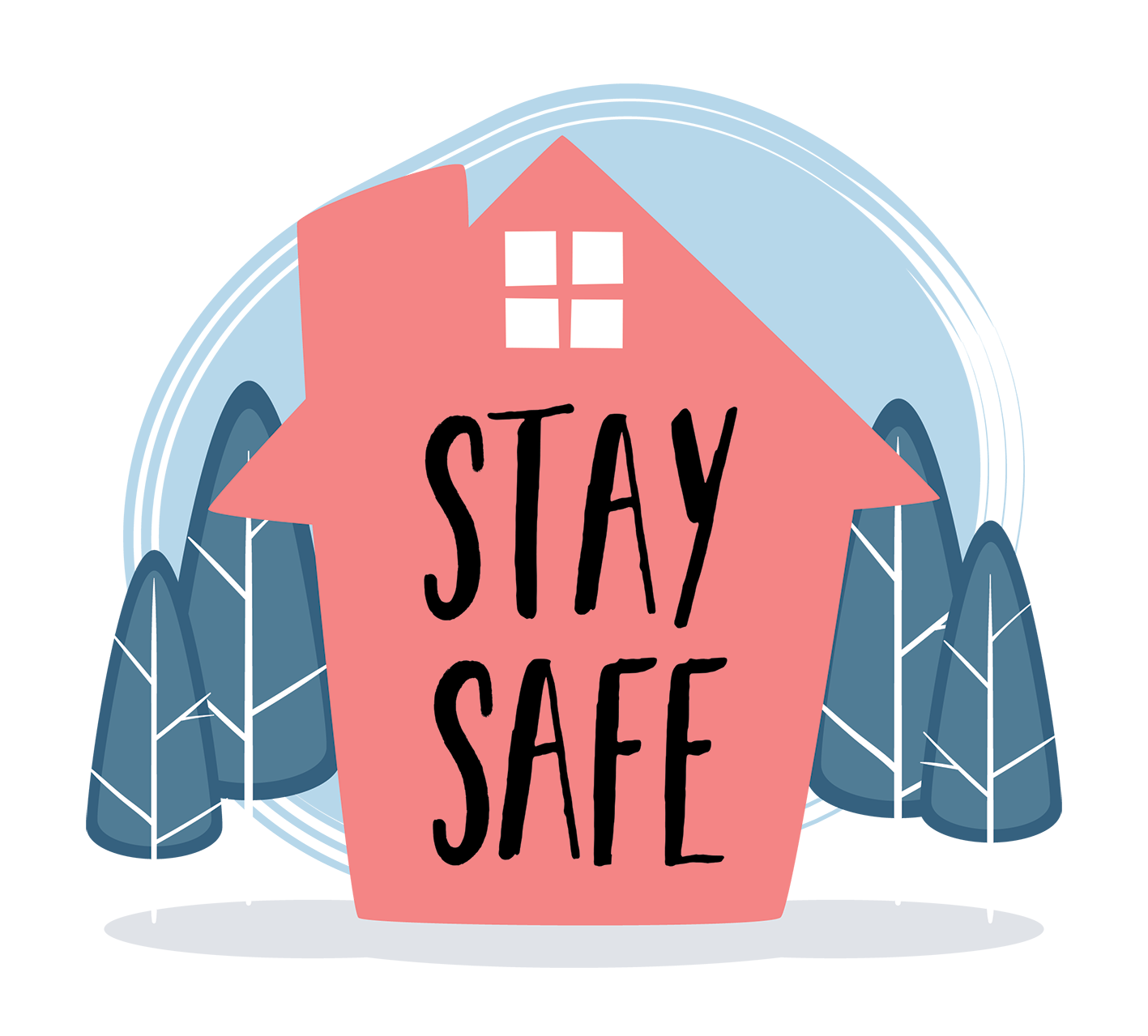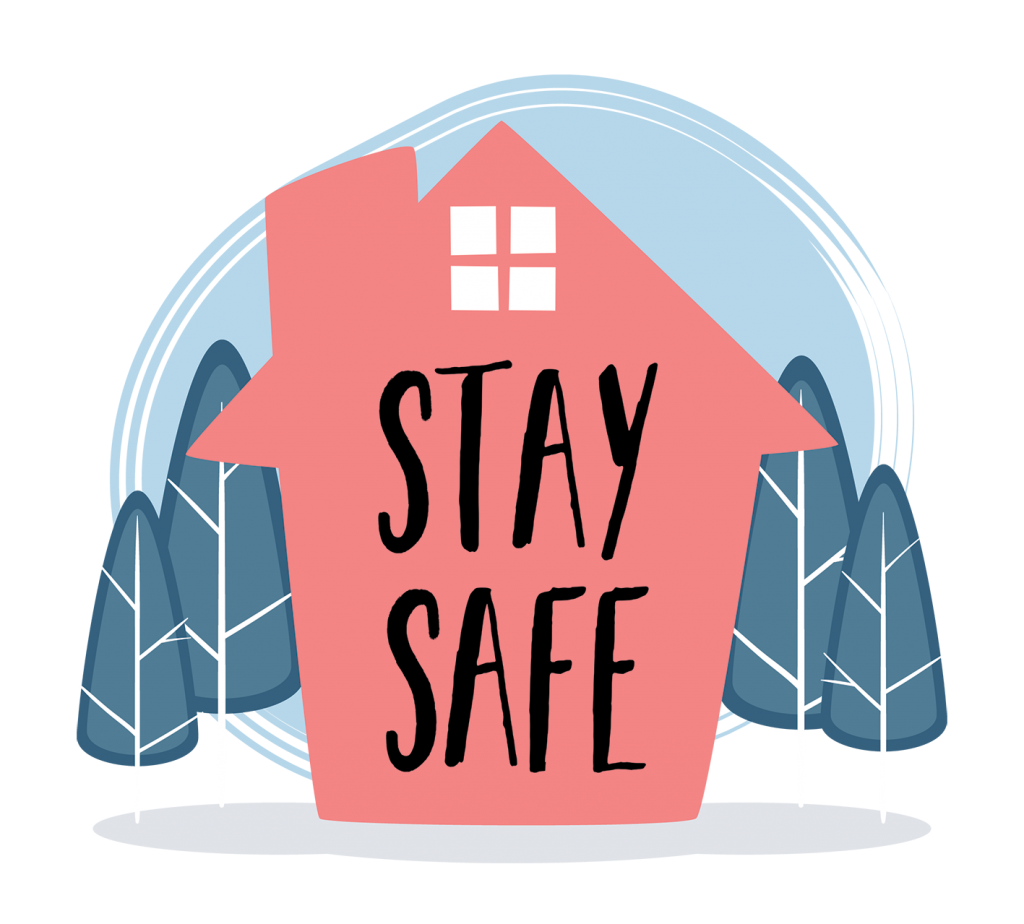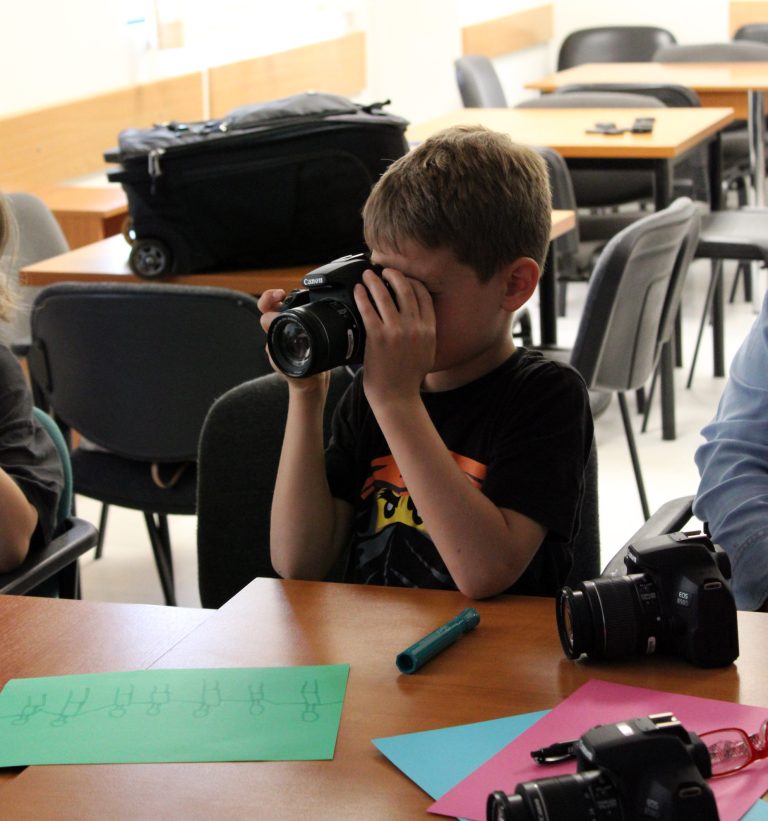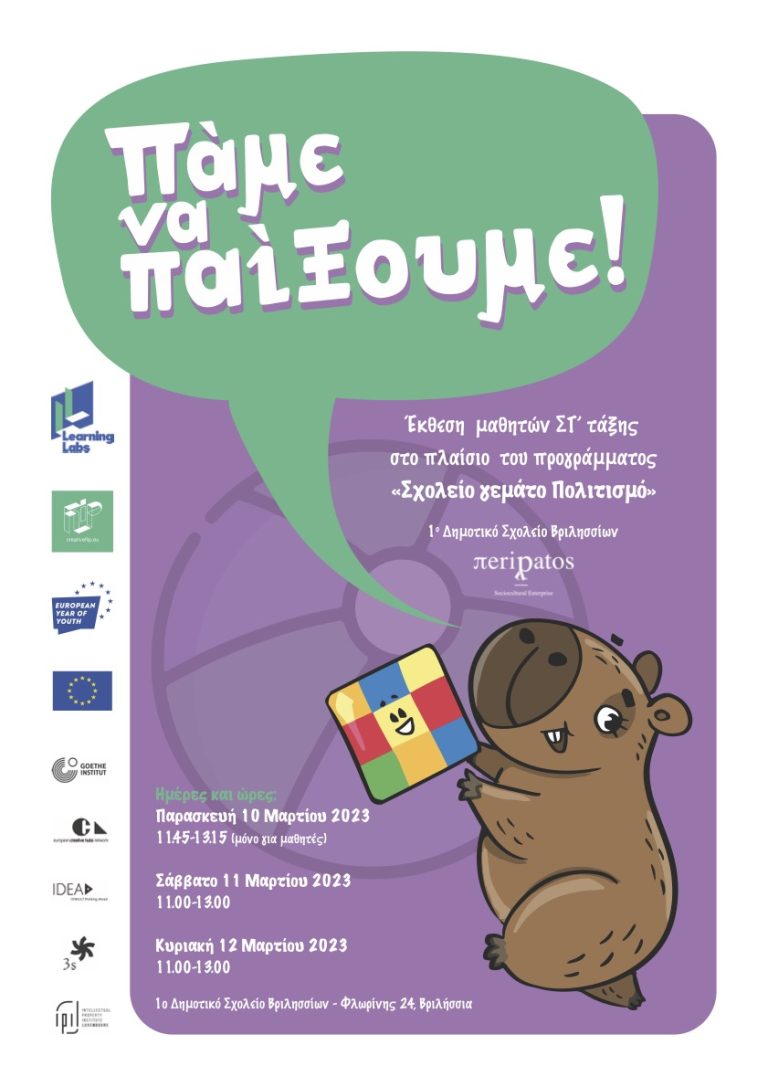Do you want to keep your brain active, to learn about history and culture, and also have a fun time? Our classic playful, cultural experiences are here for you!
Entering the 3rd week of social distancing and staying at home, we, as Peripatos, paused for a bit our regular workflow, brainstormed, did our research, designed new activities and finally we gladly invite you all to pass this time together, online!
Certainly our daily lives have been overthrown, antiseptics have become an essential accessory, and ensuring the health of all of us is currently the most important work of our society.
We will not repeat what we should do and what all this means for humankind. We will only say this:
We stay home!
We stay safe!
So, we designed a set of games, puzzles and crosswords around the practice and theme of Hygiene (THE talk of the town!). These activities will take us through a time journey, from ancient baths, to the discovery of hand washing – yes it is a discovery, for many even to this day – until the establishment of the modern toilet!
How is this done? Our meeting point will be Peripatos’ website, where from Monday 30/3 until Friday 03/04 at 11:00 we will share with you every day in a series of updates to this article games, content and instructions. You can solve these games daily, but at the end of the week we will check what you remember through some questions. With the provided material you can complete all games exclusively through our website, no email accounts or social networks needed.
However, we will use our Instagram and Facebook accounts to provide you help and bonus hints! So every day, at 6pm, we will be posting another clue, the same both on Instagram and Facebook. You pick your social media of choice and come to get the extra information and show us in the comments your progress and all the new things you have learned by adding the hashtags:
#peripatos #staysafe
We, absolutely believe that the joy of participation is priceless, BUT wanting to motivate some optimism for when we will return to our normal lives, we also have some gifts for you! With the restore of traffic and our safe socialisation, 5 lucky participants will win for them and one more person a classic treasure hunt designed by us of course. The treasure hunt will take place in Athens, so if you are participating from abroad you will have to keep in mind that it is your responsibility to join us upon the arranged time.
How is this going to be done?
Just as easy!
On Friday, when the activities are completed, we will upload again here an entry form along with some questions regarding the games’ solutions. You will need to complete your personal contact details and answer a few questions based on the things you learned all week. Here are the terms of the contest (they are very important so we share them now and please read them).
Whether you just want to play at your own pace and time, whether you want to log on and interact with us to social media, or enter our competition, it’s your choice and they are all welcomed and available.
For now just sit back, bookmark our web page, like and follow us on our social accounts and leave everything else to us!
Day 1: We start easy and yet creatively! The need for personal hygiene was born even since the prehistoric times, when the ancient Greeks built public baths. Initially, the bath was a modest room with many pots and a cauldron of water. The users were smeared with olive oil, mixed with flavourings and then rubbed their bodies off with a strigil (curved metal plate with a round handle) and rinsed with water. The Romans, however, were the ones who transformed the bath into the centre of their social life and created monumental buildings. Wherever they went, they built public baths and carried on the habit of washing, which turned into a daily ritual, even for the slaves.
The Arabs inherited the Roman bath system and then the Turks. The famous hammams were places of daily social gathering, cleanliness, relaxation and purification. A visit to the hammam was mandatory during all the great moments of life: birth, adulthood, marriage. Muslims and Jews also had much better hygiene habits than Christians, as public nudity was banned by the church. As a result, but mainly because of the black plague, public baths had almost disappeared in Europe. Moreover, people then thought that they would get more easily infected if their skin pores were opened from the bathroom. Dirt was considered “protection” against germs, while water was considered unhealthy.
Day 2: Dealing with cleanliness in our everyday life there is no more drastic and effective combination than the water and soap. It has been a secret for centuries and it is not until 2020 that mankind has discovered… no no we are obviously joking! However, the evolution of soap accompanies hygiene in various historical periods and has not always been a coexisting relationship.
Personal hygiene has been known since prehistoric times, but packaged soaps and shampoos appeared many, many centuries later. Below are some recipes for soaps and other personal and household hygiene cleaning usage, as they have been used for centuries.
Day 3: How many comments have we heard / read these days regarding the over-consumption of toilet paper? We won’t further comment on that…
Those moments of solitude and the need to complete a most basic bodily function have always been a human requirement. It is perhaps the most personal moment of our daily lives. Even today, much of the world’s population does not have access to basic personal sanitary facilities, resulting in the transmission of diseases such as cholera, diarrhea, and much more.
We present you some information related to the hygiene of toilet.
Day 4: The revolution in Hygiene happened quite recently. It was the 19th century that brought to light a series of discoveries which helped us to better understand the mechanisms behind hygiene and led to a better life quality.
The current puzzle is based on Einstein’s riddle. Below, you will find 5 discoveries relating to hygiene. Can you find who made them, when and where?
- Read carefully the clues
- You have to match the person with the discovery, the year and the place.
- Mark ✔ where two clues fit on the board we give you and X to the remaining boxes in the vertical and horizontal line within the square.
- Start by marking the clues that you have certain information about and by excluding data you will confirm the clues that are pending.
Extra tip! By cross checking the clues you have found on the vertical and horizontal lines of the board you will see that since two clues fit in one line indirectly this information gives the answer for other boxes.
You can find plenty ways of solving it after a quick search on the internet. We have provided you with this board, in order to help you solve the puzzle, but feel free to use any format that best suits you. As we approach the end of the week these answers will be shortly very helpful.
Day 5: It may seem that we are living something unprecedented … it is not! Our experience will certainly be documented in future’s history books, but it is not the first recorded pandemic.
“Pandemic” derives from the greek words παν (=all) and δήμος (= people). It is a disease epidemic that spreads rapidly across a large region and creates a threat to the majority of the worldwide population. Since, 1948, the World Health Organization (WHO), a specialised agency of the United Nations, is responsible for international public health. Throughout history, there have been a number of pandemics of diseases.
Discovering some of them will help you decode the secret message. Can you do it? Waste no time, because now you will use everything you learned and found this week. Solve the code and come back here to fill out the participation form for the chance to win a treasure hunt experience.
Thank you to everyone that entered! All winners have been notified by email.
